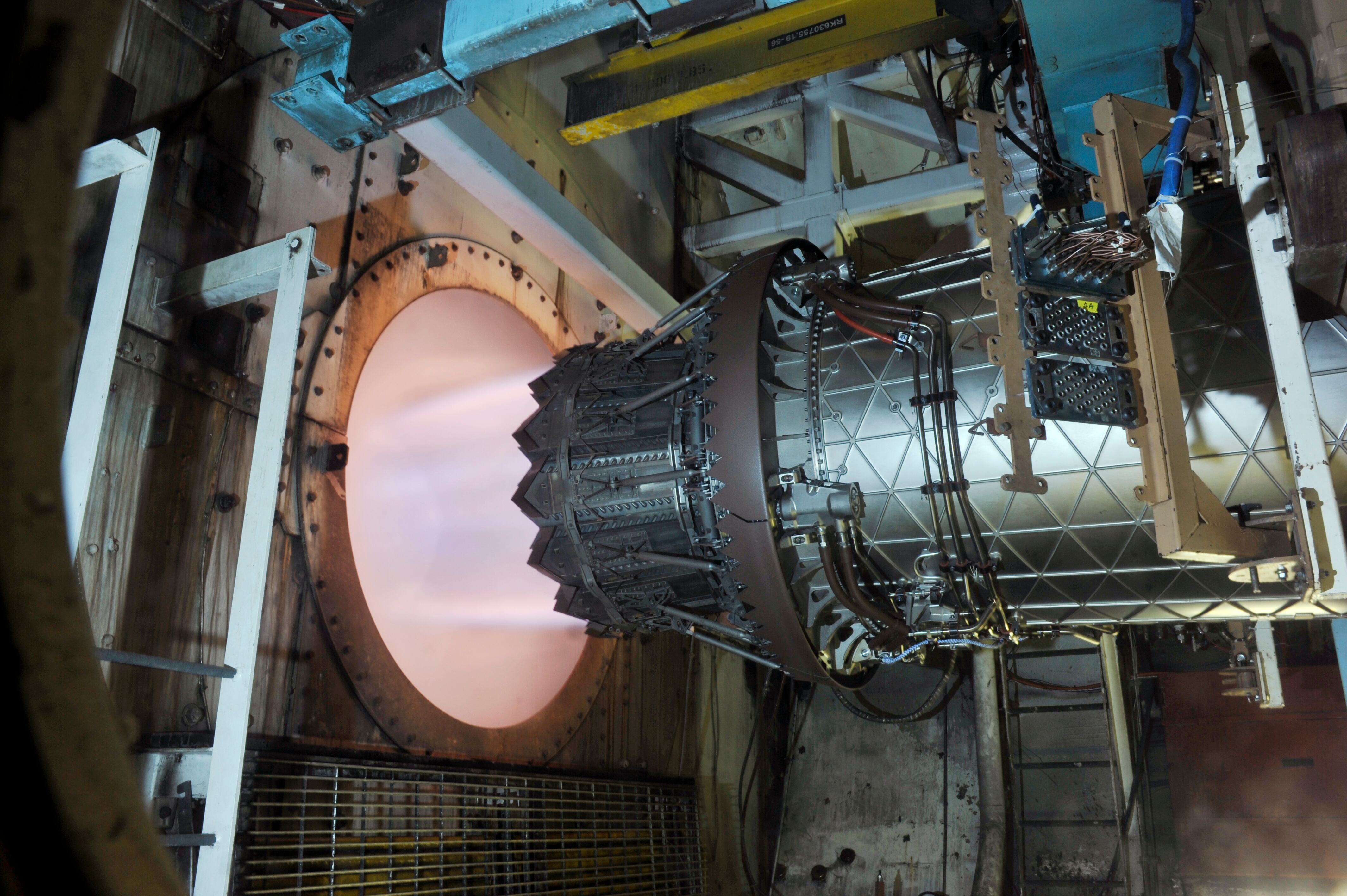The U.S. military and defense contractor Pratt & Whitney have suspended deliveries of new engines for the F-35 fighter in the wake of a December mishap on a Texas runway.
The F-35 Joint Program Office said in an email that the delivery of new F135 engines was paused Dec. 27 after what the JPO described as a “mutual agreement” involving itself, the Defense Contract Management Agency and engine-maker Pratt & Whitney.
The JPO said that deliveries are paused while the investigation into the Dec. 15 mishap involving an F-35B continues, and as ground tests take place to identify the root cause of the accident.
“The F-35 Joint Program Office and Pratt & Whitney have agreed to delay scheduled delivery and acceptance of F135 engines until further information from the investigation is known and safety of flight can be ensured,” the JPO said in a follow-up email.
A Pratt & Whitney executive said in a statement emailed Wednesday evening that F135 deliveries were not formally suspended. The company did not immediately respond to a request to clarify its statement.
“There has been no formal suspension of F135 deliveries and we are working closely with the Joint Program Office on all aspects of the ongoing investigation and timing of deliveries,” said Jen Latka, vice president of F135 programs at Pratt & Whitney. “The F135 has more than 600,000 flight hours. Safety for the warfighter is and will continue to be our number one priority.”
Video of that incident at Naval Air Station Joint Reserve Base Fort Worth showed the newly constructed F-35B hovering close to the ground before descending. The fighter bounced once and tipped forward; its nose and wing touched the ground as it started to spin around. The fighter’s Air Force pilot, who was performing a quality check flight for the Defense Contract Management Agency, safely ejected on the ground.
After that accident, Lockheed Martin, which makes the jet, halted acceptance flights of new F-35s at all three of its production facilities, including Air Force Plant 4 in Fort Worth.
This had the effect of also halting deliveries for the last two weeks of the year, which meant Lockheed delivered 141 F-35s in 2022, fewer than the contractually required 148.
Lockheed said on Dec. 30 it was on track to meet its delivery commitments before the mishap, and has continued to build F-35s. The company said it had nine completed fighters ready to undergo acceptance flights.

The JPO said in a statement last week it had issued guidance restricting some higher-risk aircraft from flight operations while the investigation continued. The JPO later revised its statement to say it had recommended the flight operation restrictions until procedures are developed for their return to flight.
The initial investigation into the Dec. 15 mishap, conducted by Naval Air Systems Command with JPO’s support, found a tube used to transfer high-pressure fuel in the fighter’s engine had failed. This discovery prompted the JPO to update its safety risk assessments for a small number of fighters.
The JPO said it is working with DCMA, Pratt & Whitney, and Lockheed Martin to develop procedures to lift the restrictions and resume acceptance flight operations, but doesn’t know how long the groundings will be in effect.
Stephen Losey is the air warfare reporter for Defense News. He previously covered leadership and personnel issues at Air Force Times, and the Pentagon, special operations and air warfare at Military.com. He has traveled to the Middle East to cover U.S. Air Force operations.





